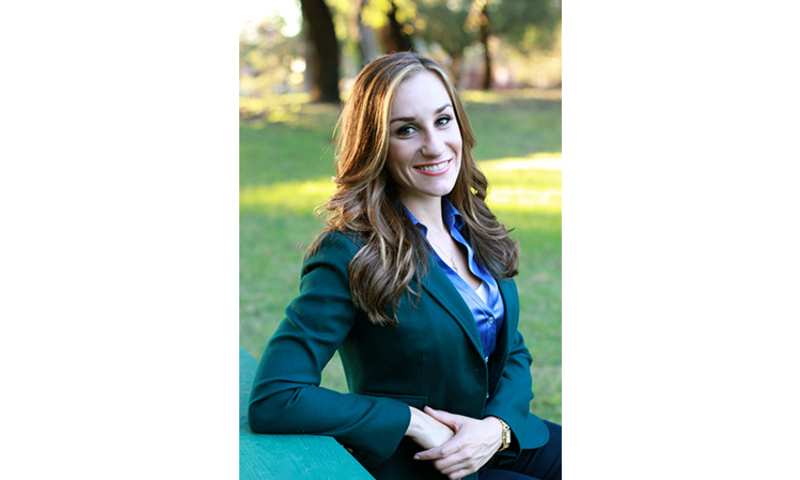Many people strive to achieve a healthy work-life balance — an ideal that has become all the more challenging in the midst of a pandemic that has turned millions of homes into makeshift offices and classrooms over the past year. But even under the best of circumstances, it can be difficult to know where and how to draw the line, especially for people with a clear sense of calling to their work.
So what makes it possible? According to recent award-winning research from Biola professor Arianna Molloy, one of the keys may be a healthy sense of humility.
“From our research, we discovered that humility has the ability to ... protect you from burnout,” said Molloy, an associate professor of organizational communication in Biola’s Department of Communication Studies.
“To operate with a sense of humility means that you are willing to say, ‘I’m going to take a break from this thing I believe in so much because I know I need to care for myself. I need to trust other people can handle it while I’m gone, and I need to get replenished because I am not the god of my universe.’”
Molloy and a team of researchers from Colorado State University, Georgia State University and the University of Florida published their findings on work calling and humility in volume 16, issue 5 of the Journal of Management, Spirituality & Religion. The paper received the journal’s award for the best article in 2019.
Molloy, who has a Ph.D. from the University of Denver and specializes in communication about meaningful work, said research has shown that a sense of work as a calling can be a double-edged sword. Though there are many positive aspects to those who approach their work as a calling, such as better productivity, higher efficiency and greater ability to weather organizational shifts, there are also negative effects such as burnout and workaholism. As she dove into her research, she and her colleagues discovered how the virtue of humility may buffer negative outcomes such as job idolization, workaholism and exploitation.
“[H]umility helps buffer work calling’s tendency to be all-consuming by ushering in the self-awareness that there is room to grow, that other individuals can be experts, and spaces of power are to be shared,” the team wrote.
Molloy, who spoke in Biola’s chapel earlier this year on “The Mistaken Identity of Humility: What it Really Means to Walk Humbly with Your God,” emphasizes the importance of sabbath and how it helps one to resist the seductive allure of workaholism.
“I truly believe that sabbath is a relational act and we have looked at it as instrumental or functional,” she said. “What we have failed to recognize often is that sabbath is the invitation to spend time with the Lord.”
Molloy hopes to further her research in this area by exploring how humility is expressed in the workplace in relation to race, gender and class and examining the power dynamics at play.
“Work calling is a high responsibility, and I would love to study the implications of that more so that we can be ethical reflections of Christ,” Molloy said. “You look at the Bible and the evidence of how we are to treat others in the workplace is all over the place. We don’t talk about it a lot, but it’s there. I think we still have a lot to learn.”
 Biola University
Biola University

.jpg)

